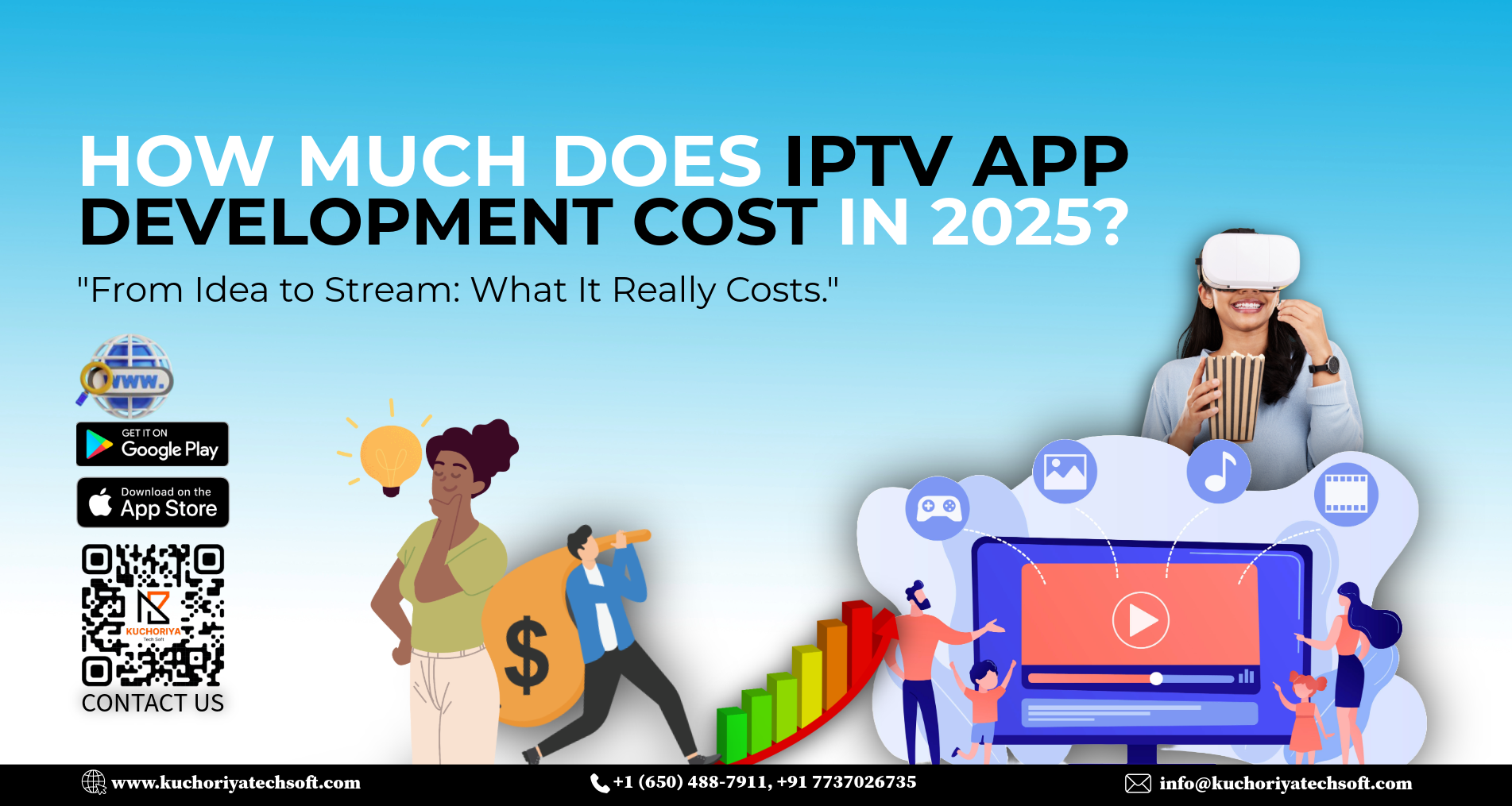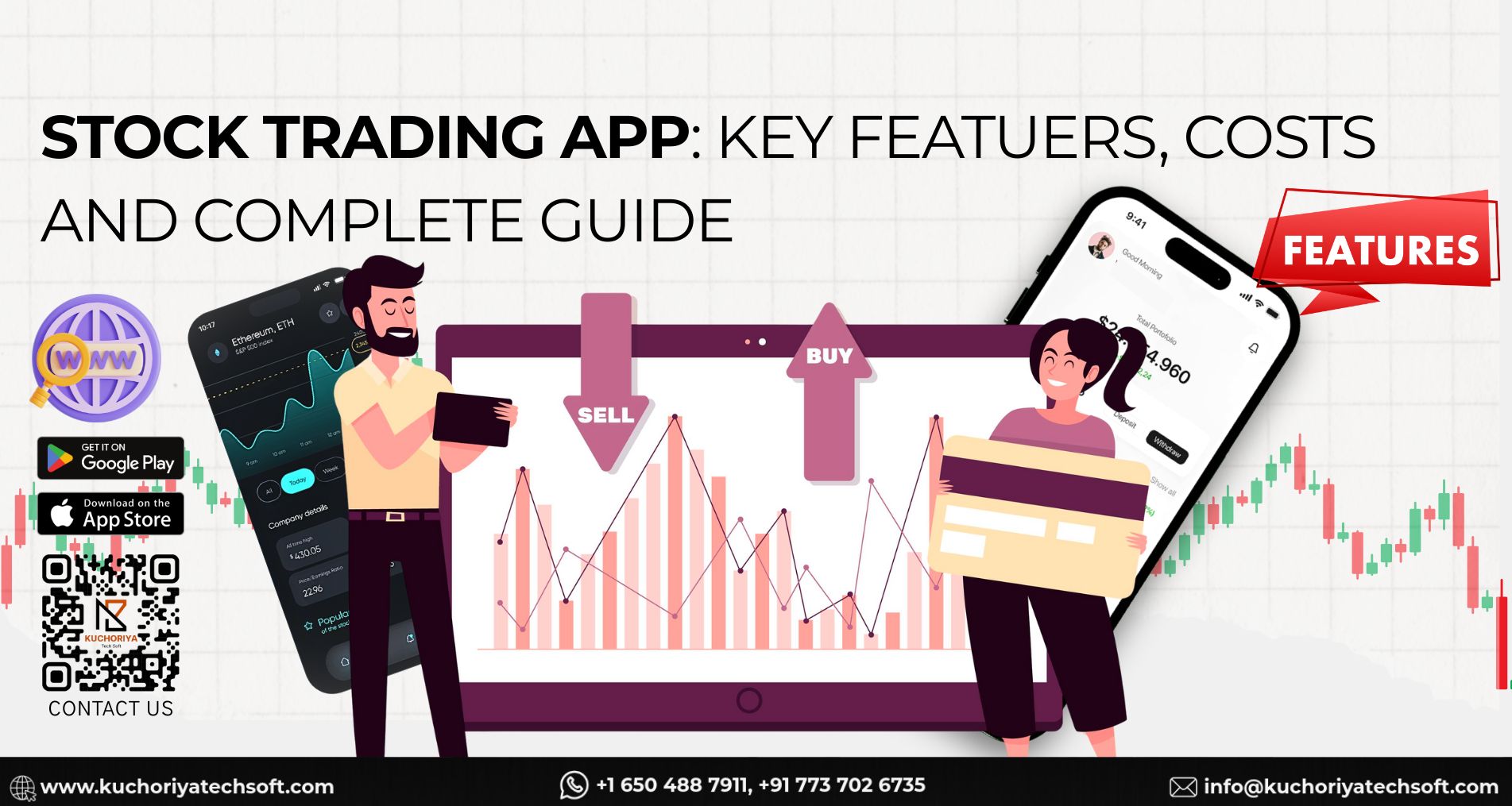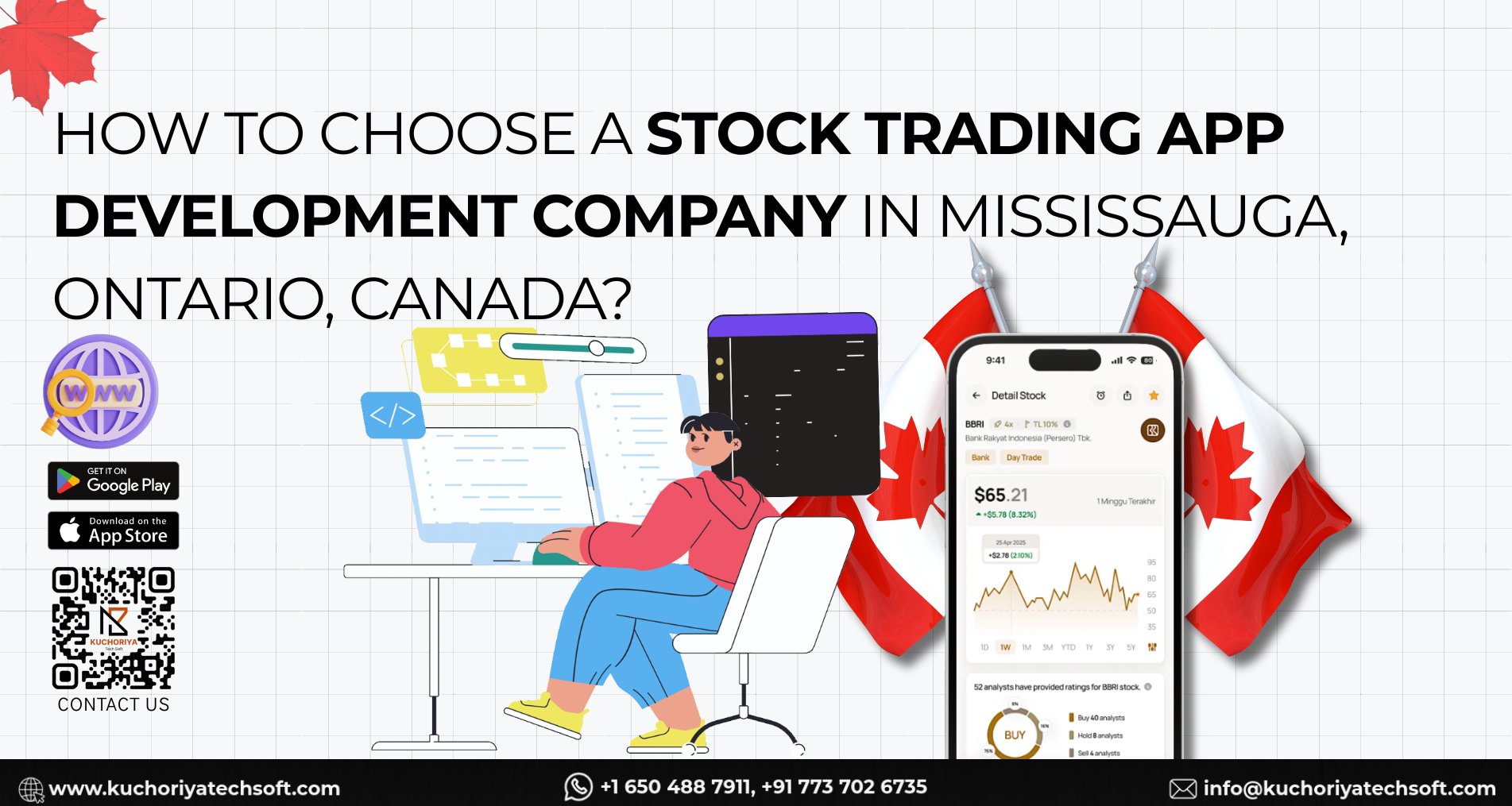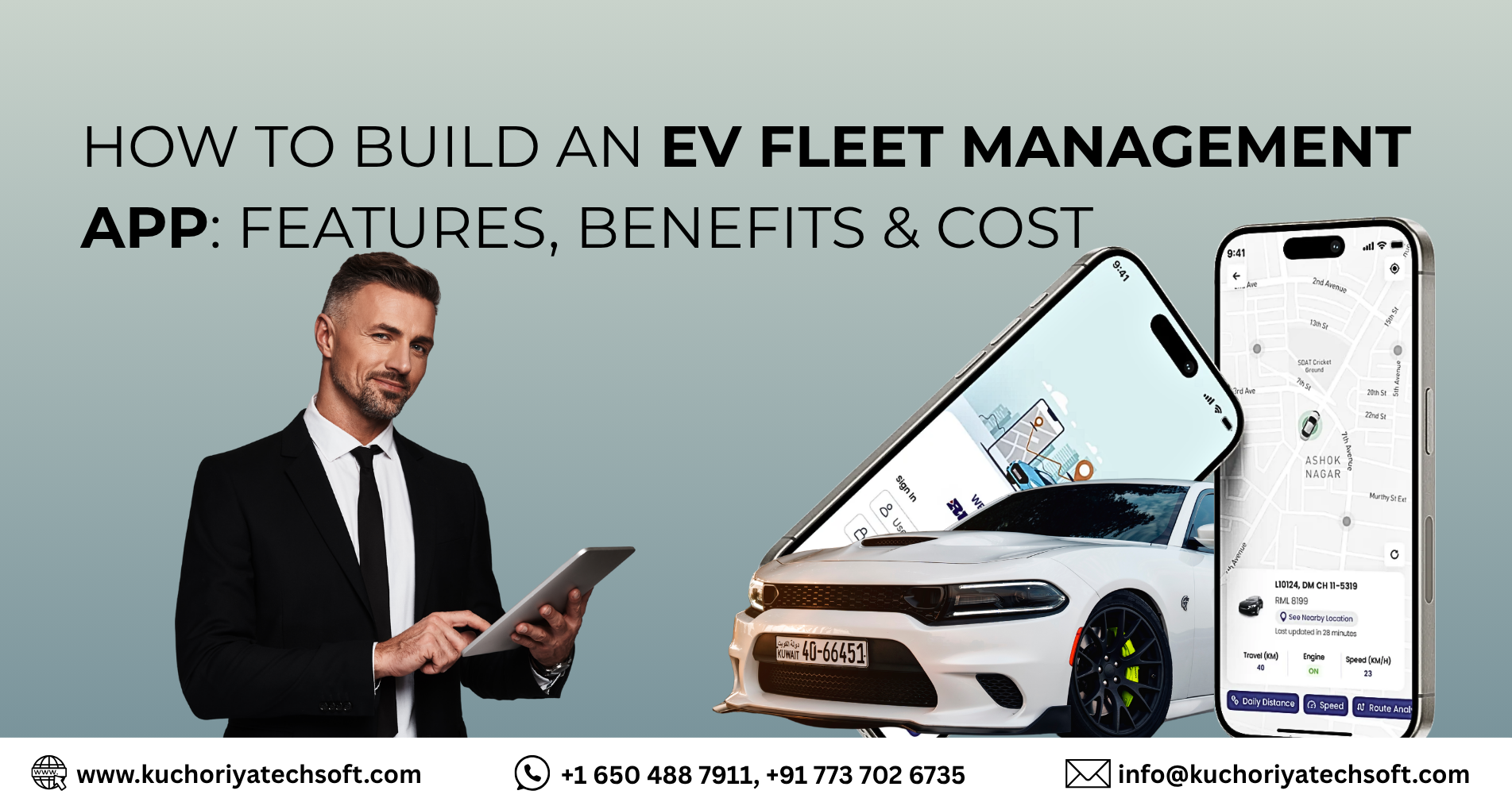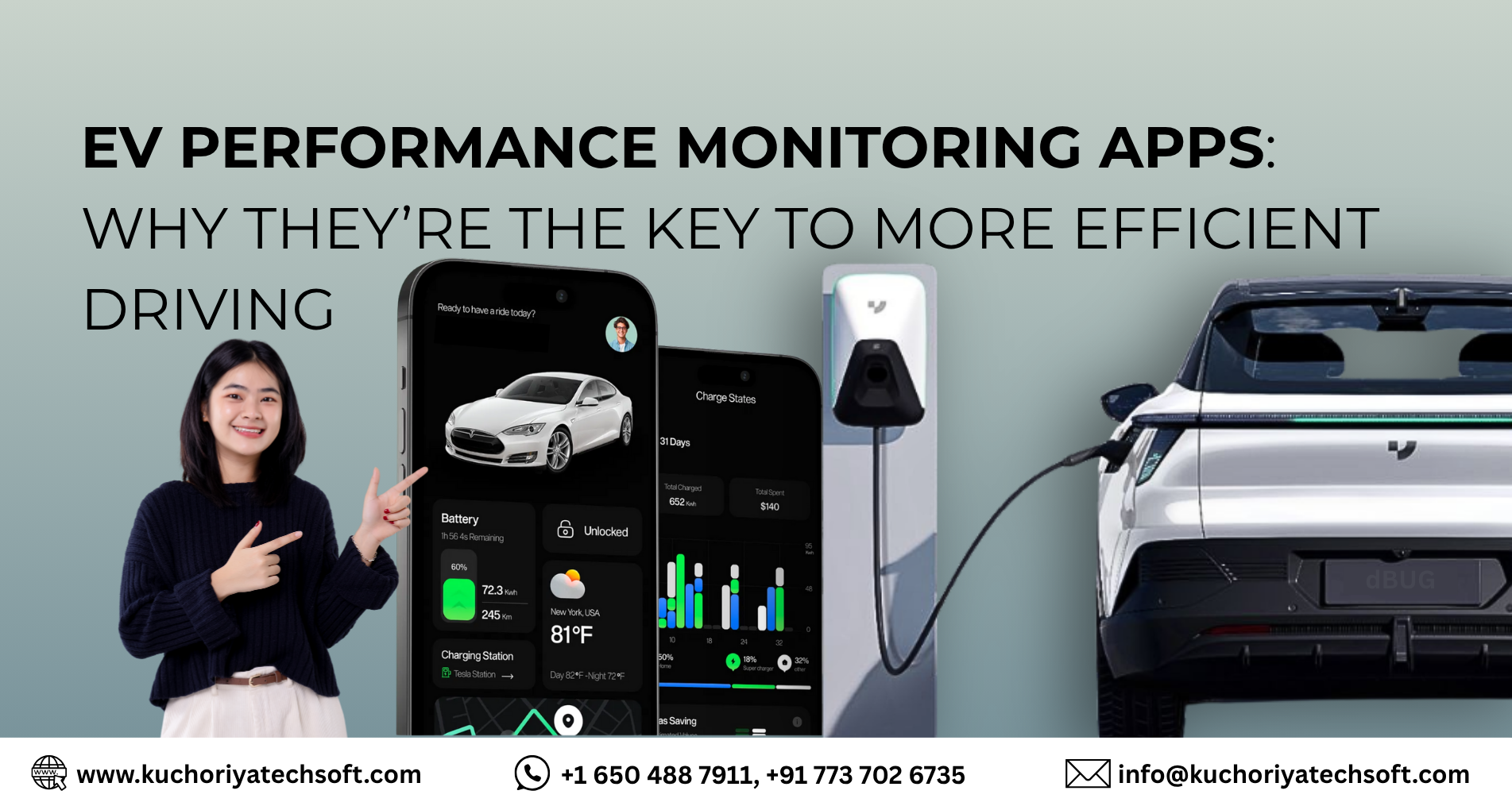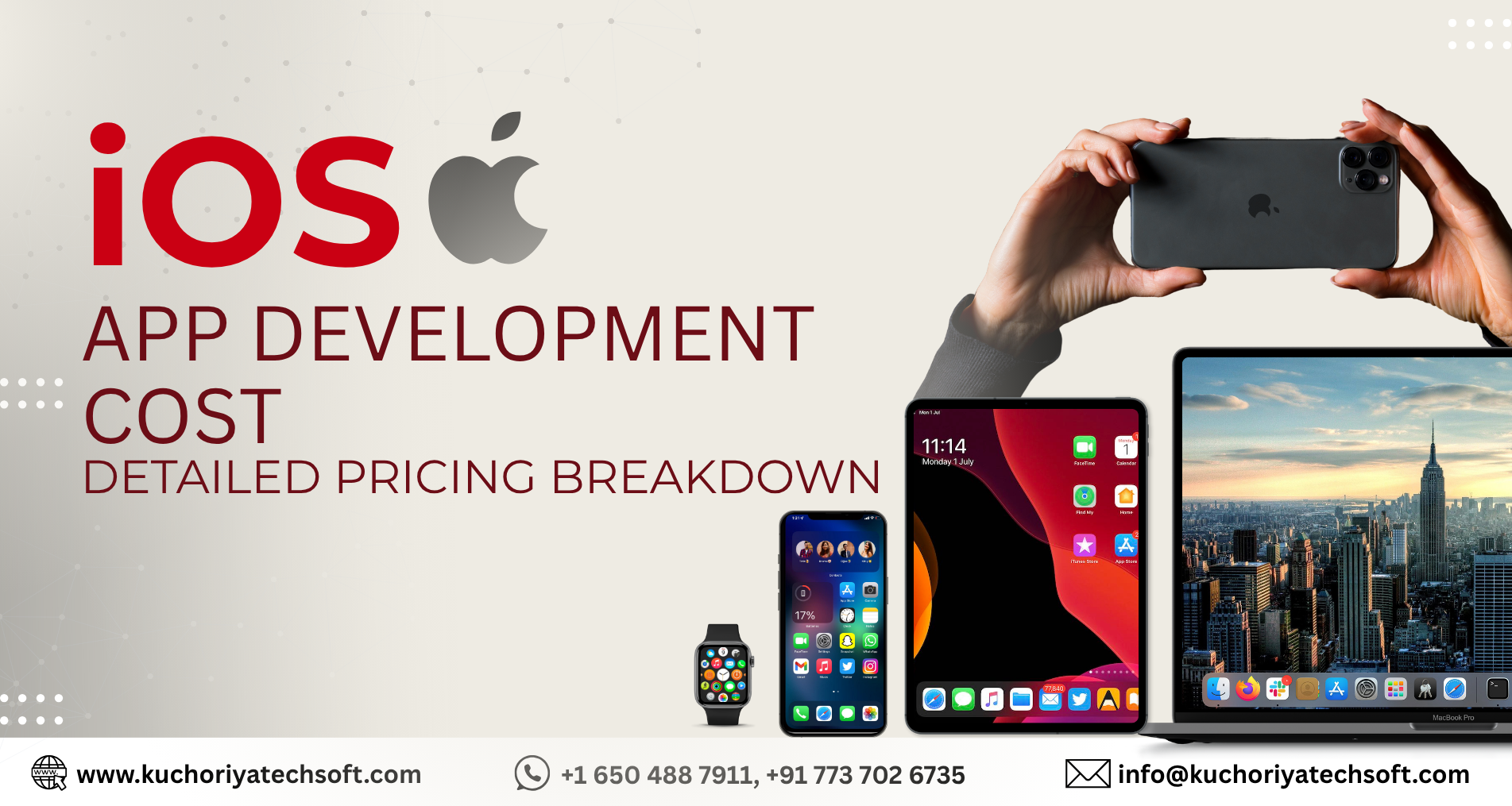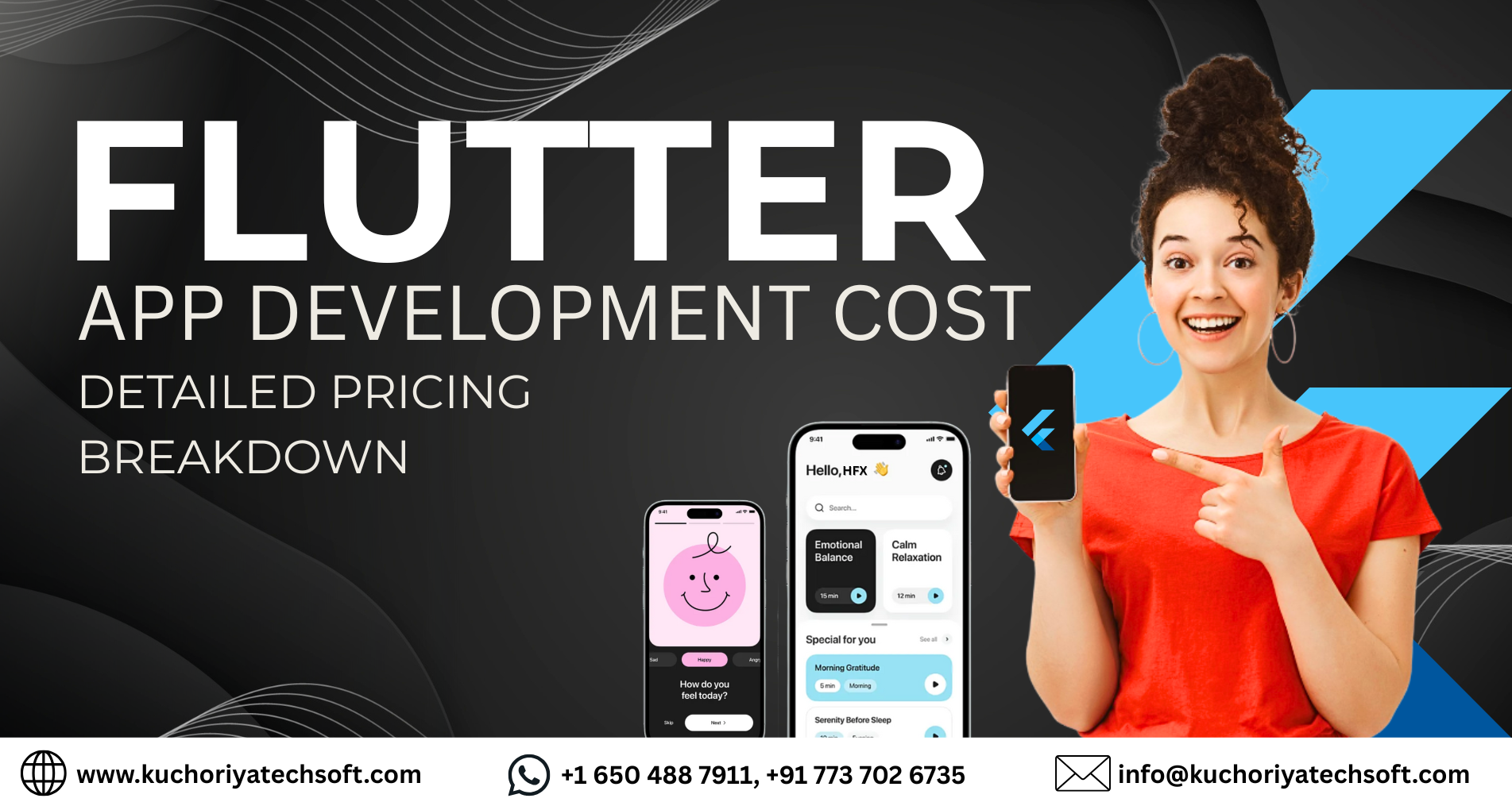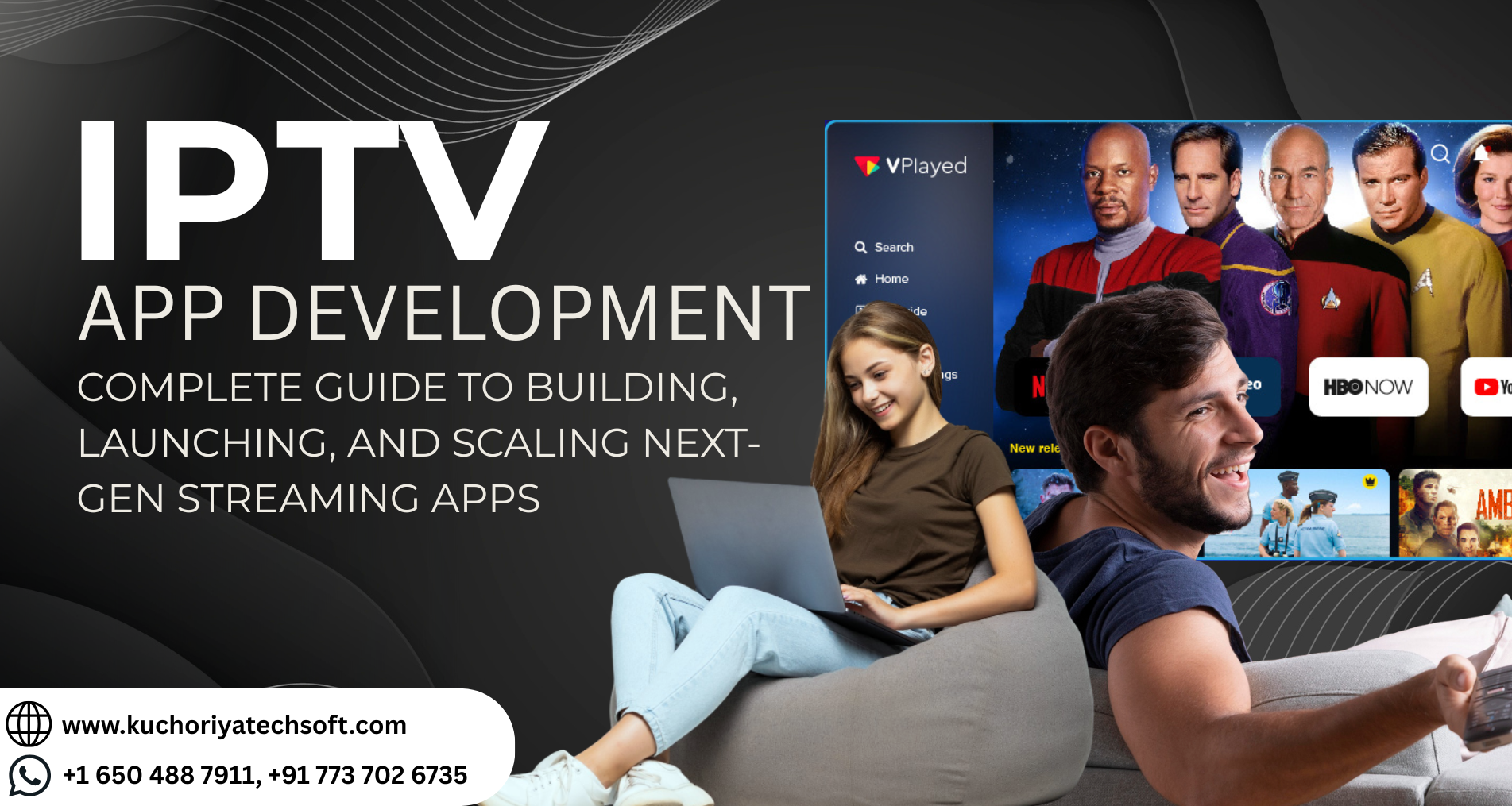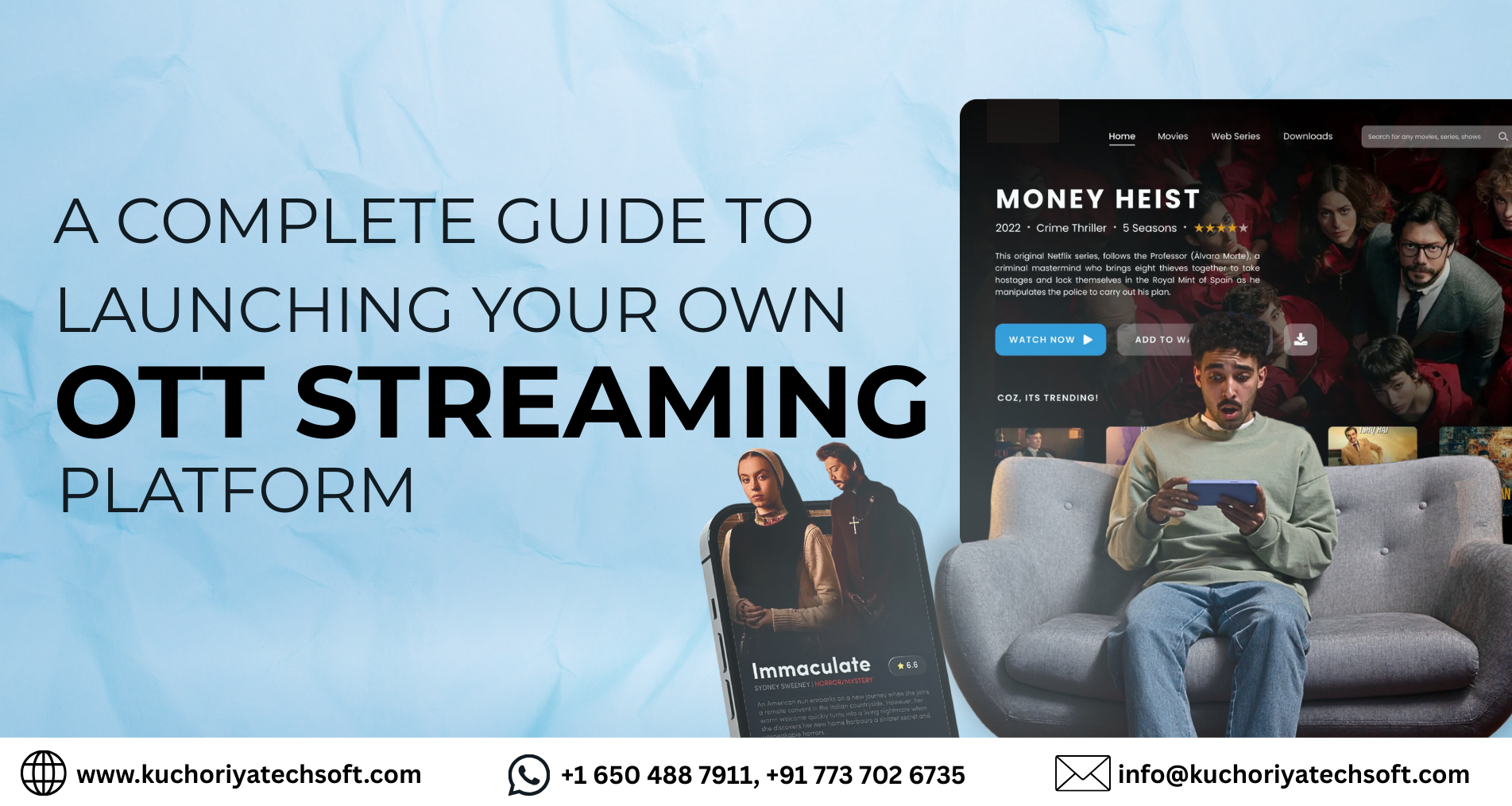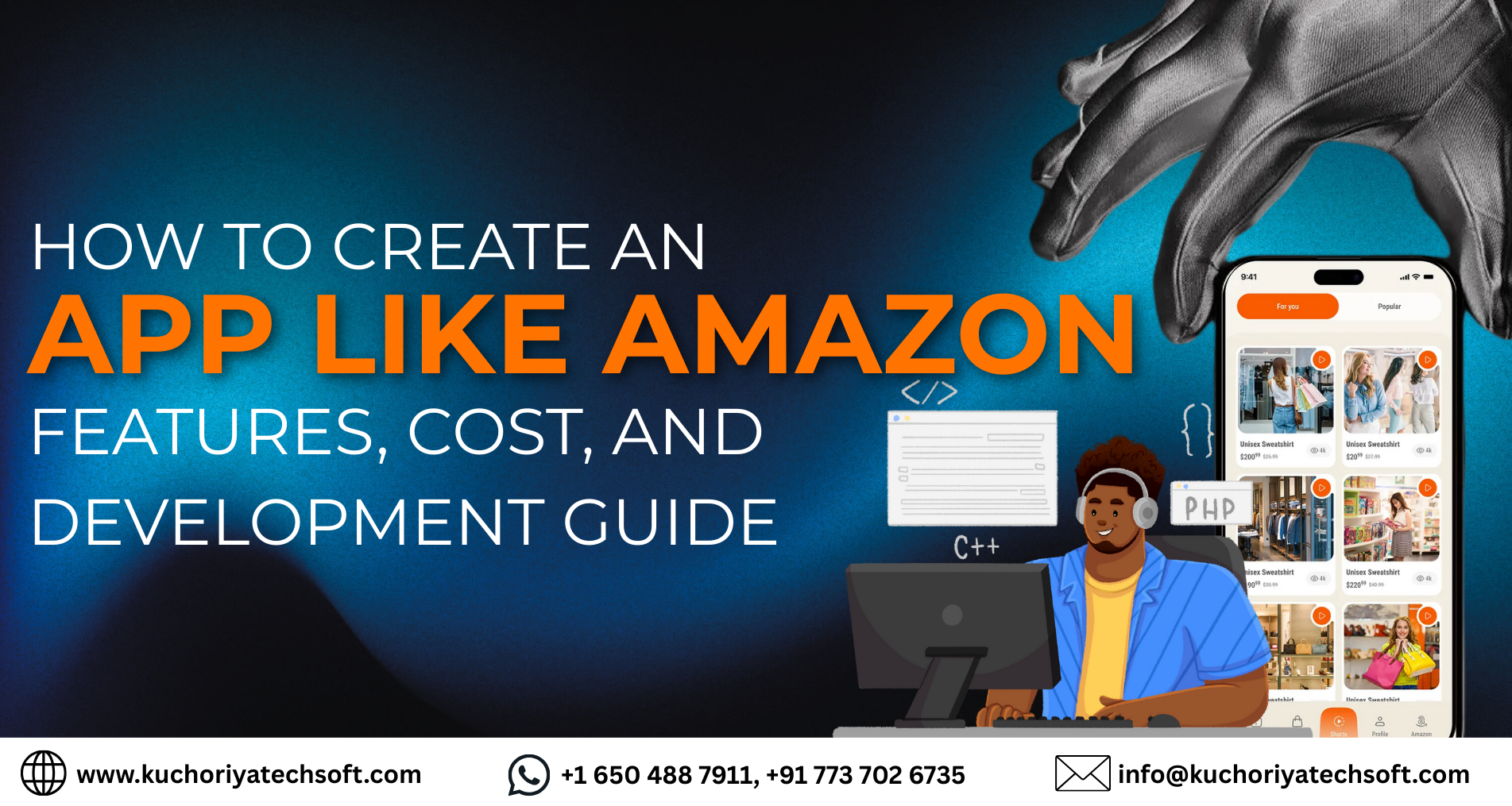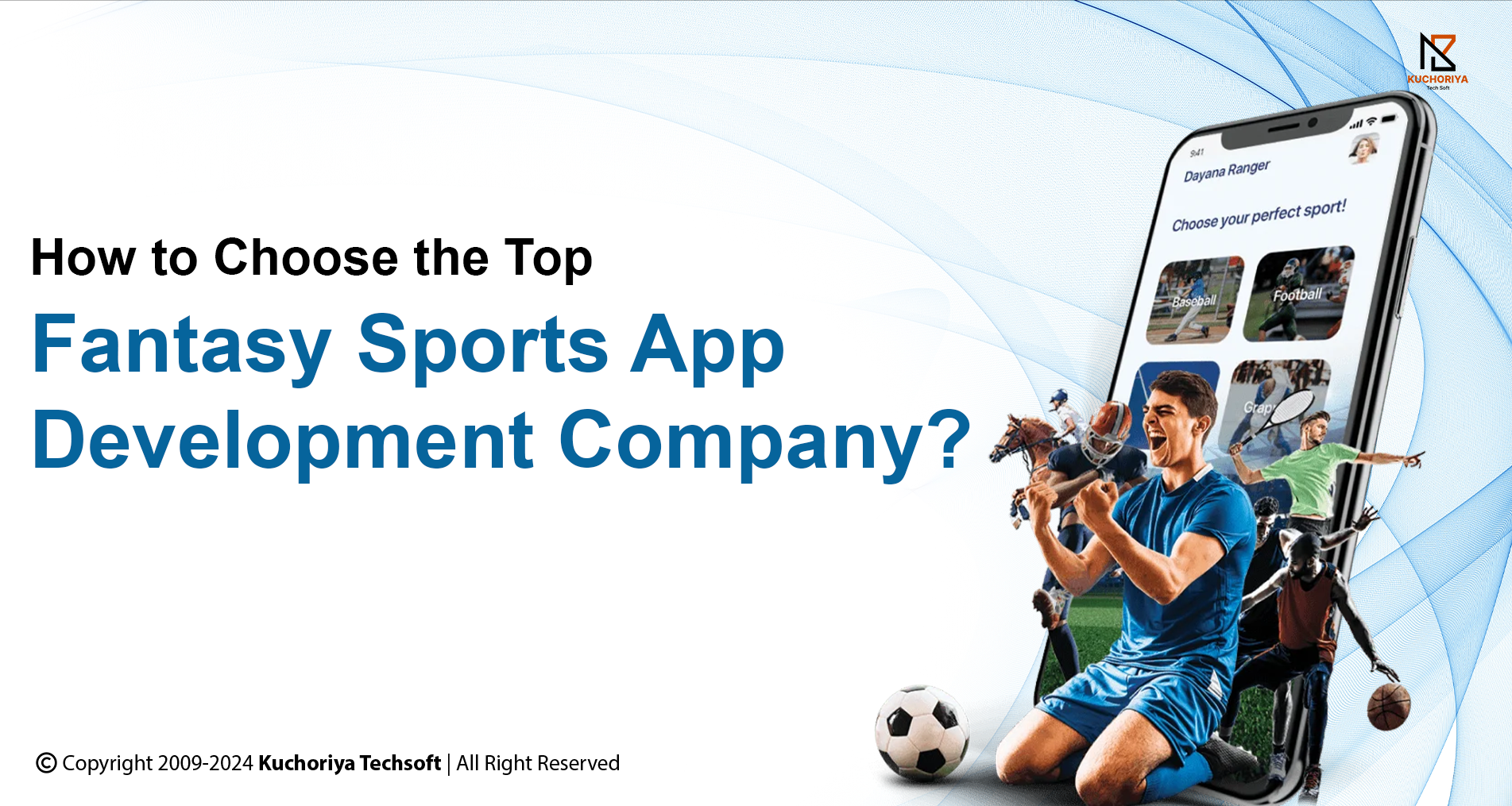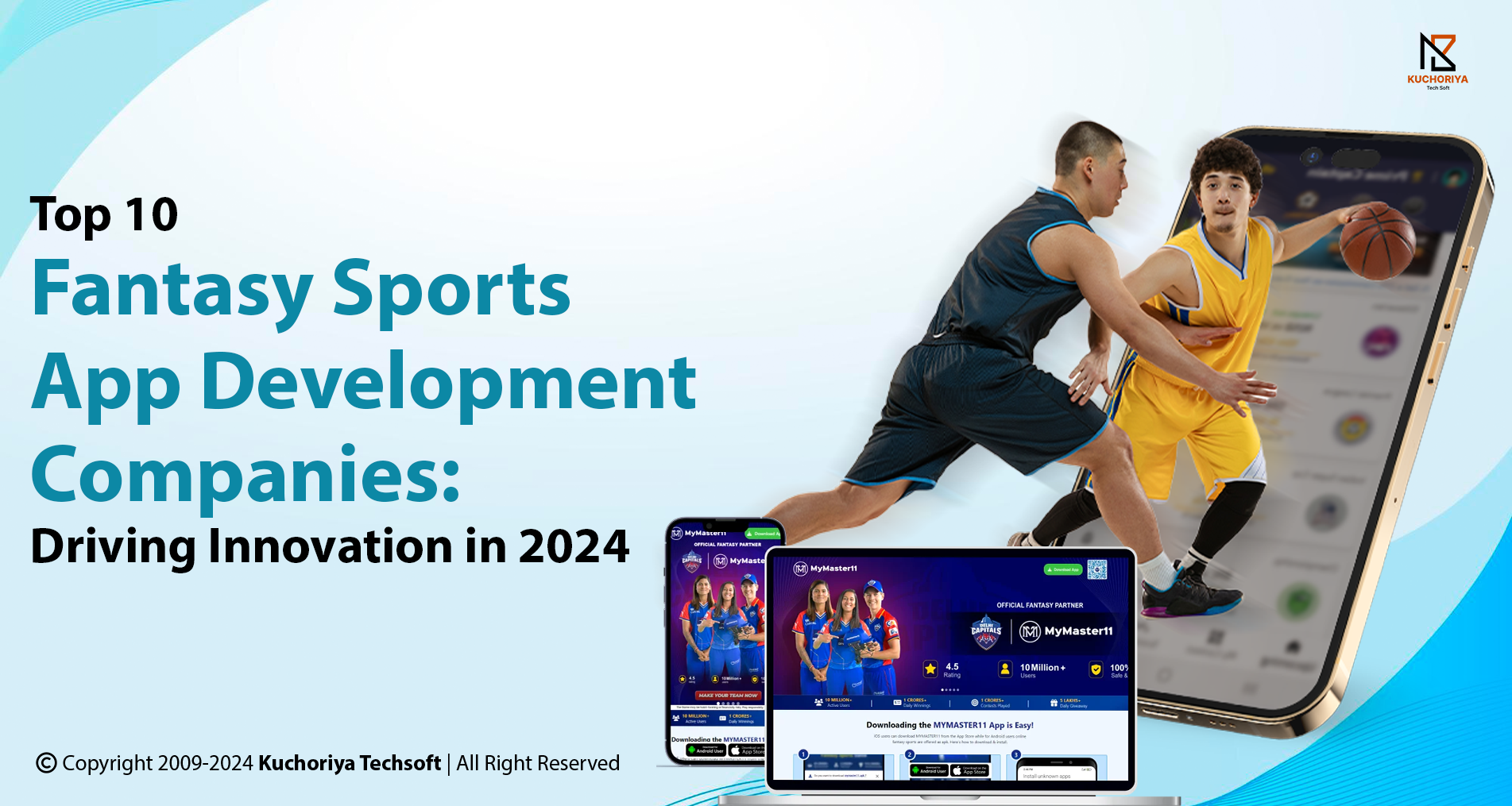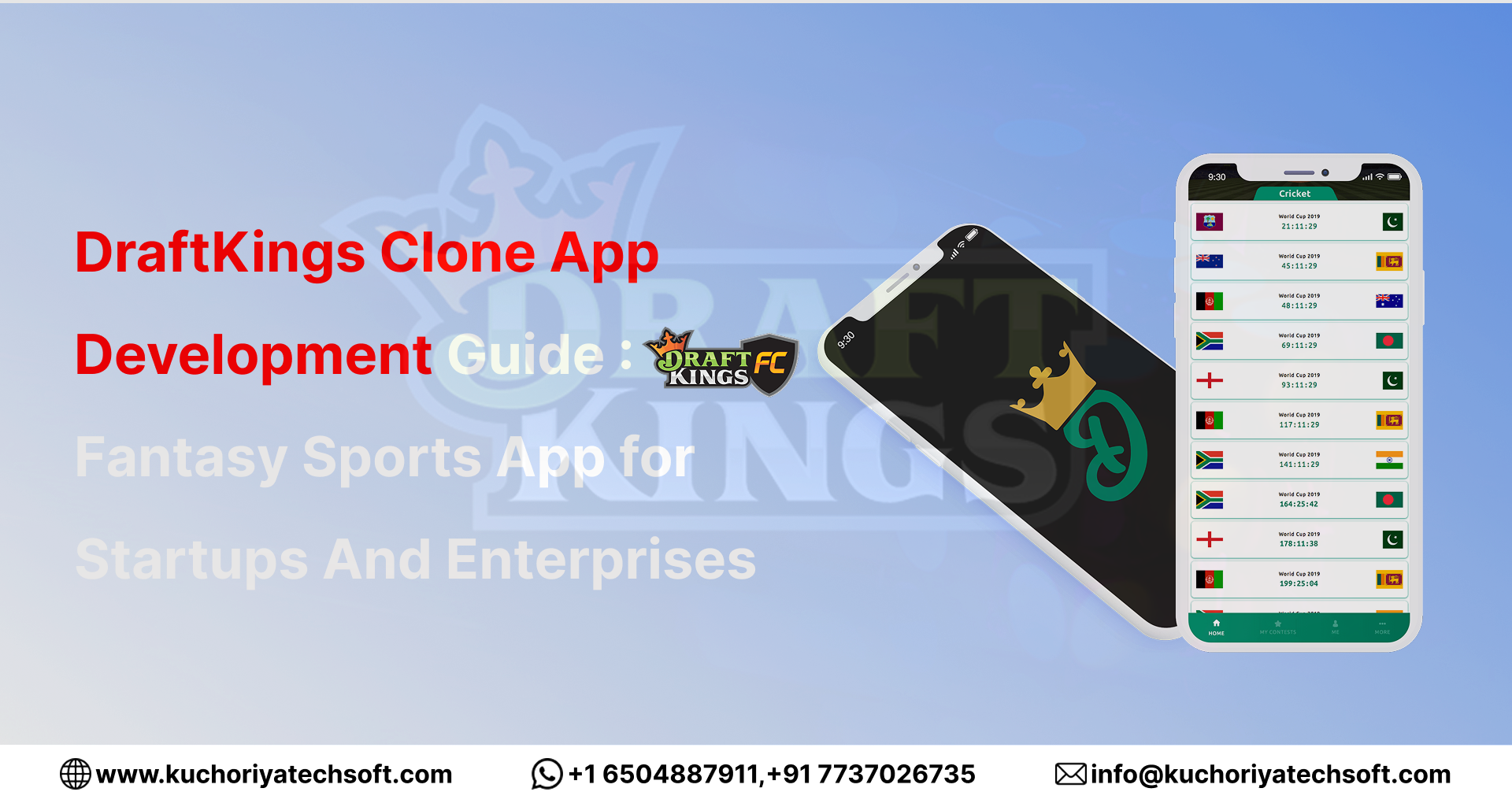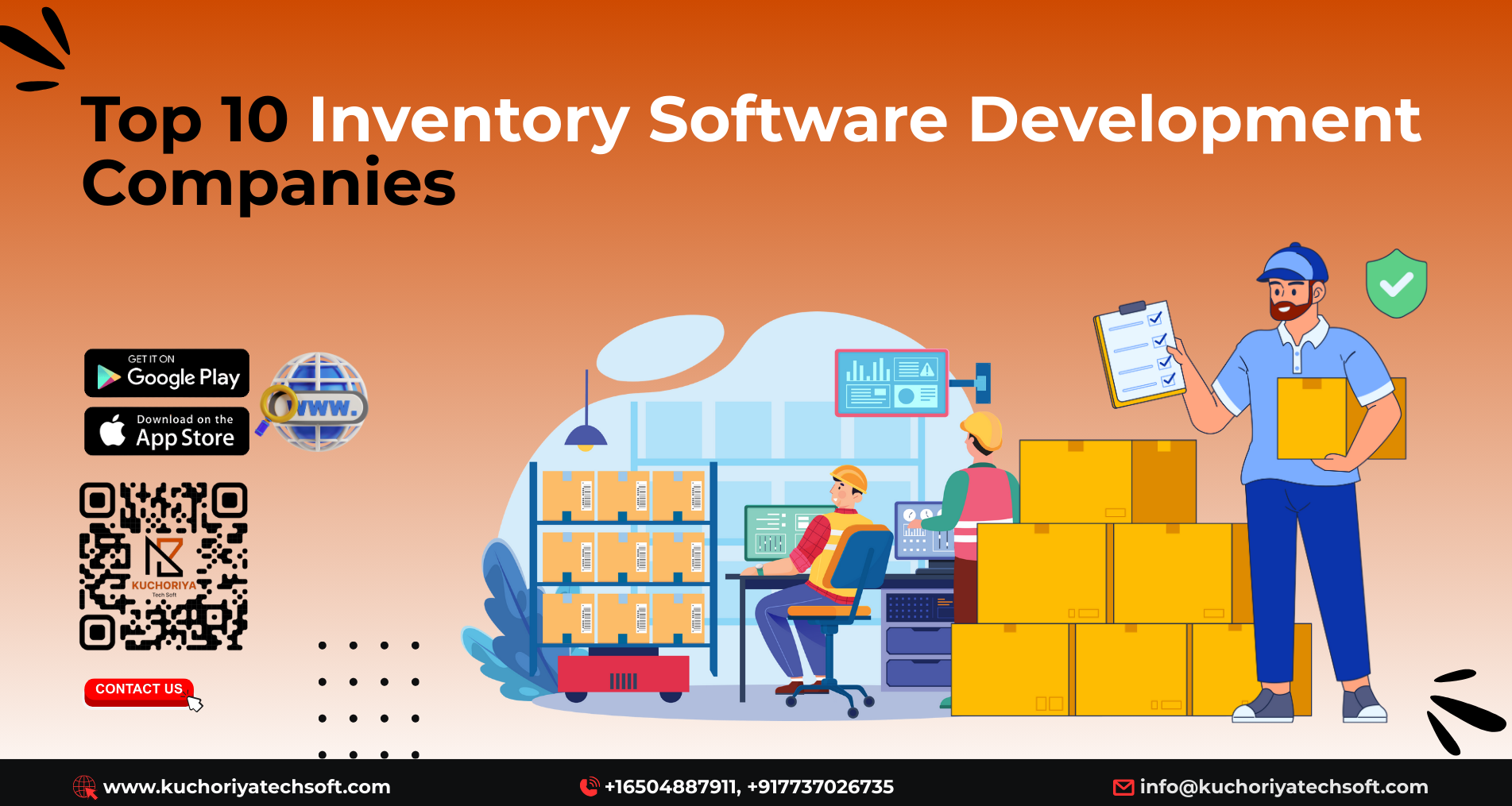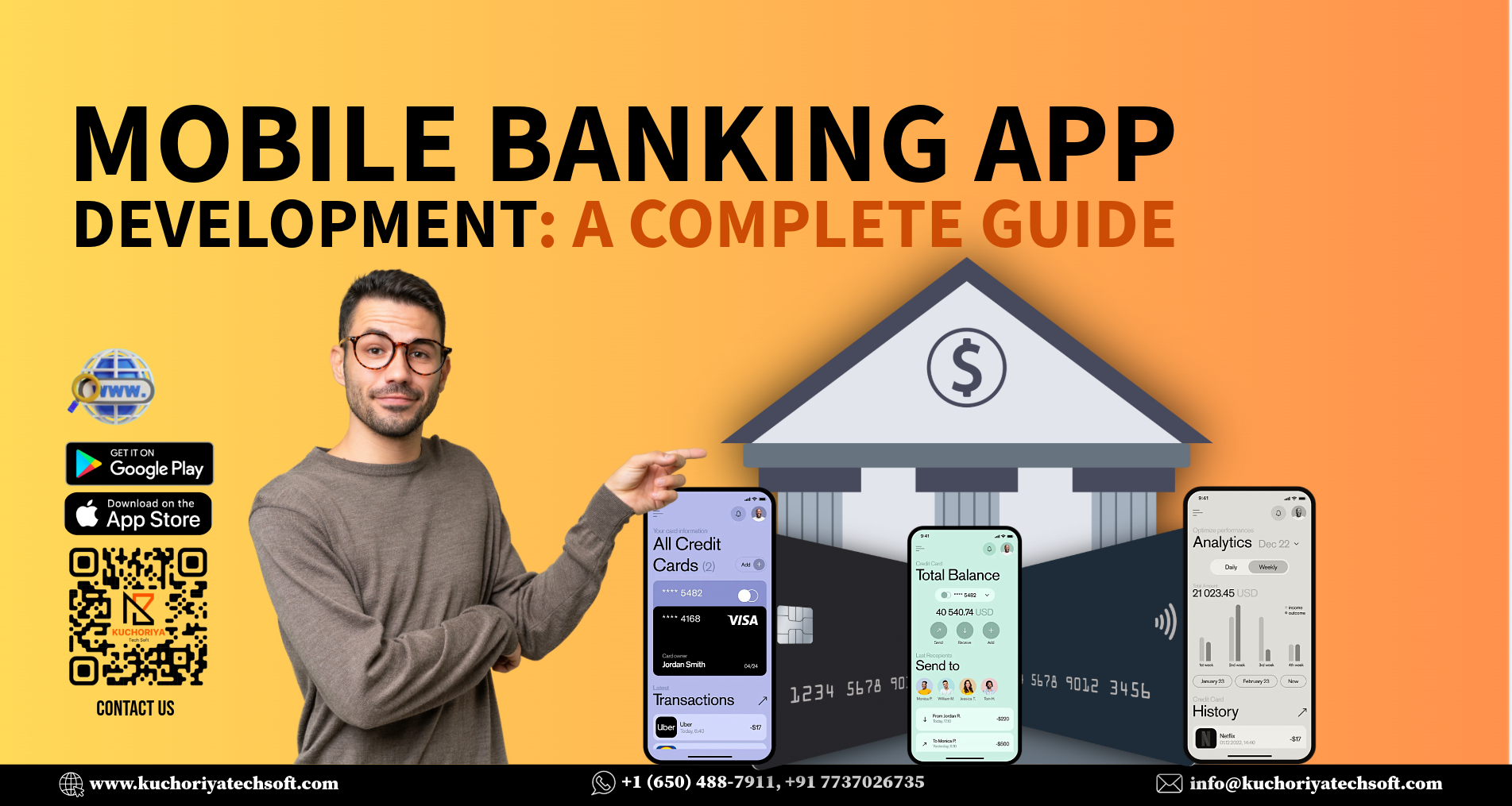A Complete Guide to Build a Car Rental App in 2024
Millions of tourists visit Italy every year, drawn by its breathtaking scenery and rich cultural legacy. In such an environment, the car rental industry flourishes by providing travelers with the ease and flexibility of seeing the nation at their speed. Italy's robust and competitive car rental market, which serves a wide range of businesses catering to both tourists and locals, reflects the country's thriving tourism industry and the rising demand for mobility solutions.
- Development Costs: Creating and maintaining mobile apps and web platforms can be costly, particularly for small and medium-sized rental businesses with limited resources.
- Technical complexity: Developing and managing mobile apps and web platforms necessitates technical expertise, such as knowledge of programming languages, frameworks, and platform-specific requirements, which can be difficult for rental companies with limited in-house IT resources.
- Security Concerns: Mobile apps and web platforms that handle sensitive customer data, such as personal information and payment details, are vulnerable to security breaches and cyber-attacks, posing serious risks to both customers and businesses.
- User Adoption: Incentives, promotions, and marketing efforts may be required to overcome resistance and encourage the adoption of mobile apps or web platforms over traditional booking methods.
- Compatibility Issues: Ensuring compatibility across multiple devices, operating systems, and web browsers can be difficult because differences in hardware, software, and user interfaces can impact the functionality and performance of mobile apps and web platforms.
- User Experience: Creating intuitive and user-friendly interfaces that cater to customers' diverse needs and preferences can be difficult, as poor usability and navigation can lead to frustration and abandonment.
- Competition: The car rental industry is fiercely competitive, with numerous players providing similar services via mobile apps and web platforms, making it difficult for rental companies to distinguish themselves and attract customers.
- Regulatory Compliance: Adhering to local regulations and industry standards governing data privacy, consumer protection, and business operations can be difficult, particularly for rental companies that operate in multiple jurisdictions with different legal requirements.
- Enhanced Accessibility: Mobile apps and web platforms offer customers convenient access to rental services at any time and from any location, allowing them to easily browse vehicle options, make reservations, and manage bookings.
- Improved Customer Experience: By providing intuitive interfaces and streamlined booking processes, mobile apps and web platforms improve the overall customer experience, resulting in increased satisfaction and repeat business.
- Expanded Reach: With mobile apps and web platforms, car rental service providers can reach a broader audience beyond their physical locations, tapping into new markets and attracting customers from different regions or countries.
- Real-Time Updates: Mobile apps and web platforms provide real-time updates on vehicle availability, pricing, and promotions, ensuring that customers have the most up-to-date information and reducing the possibility of booking errors or misunderstandings.
- Efficient Fleet Management: Car rental companies can effectively manage their vehicle fleets using mobile apps and web platforms, such as tracking inventory, scheduling maintenance, and monitoring usage, resulting in increased operational efficiency and cost savings.
- Integration with Additional Services: Mobile apps and web platforms can be linked to additional services like GPS navigation, roadside assistance, and insurance options, giving customers more value and convenience during their rental experience.
- Data Analytics and Insights: Mobile apps and web platforms generate valuable data on customer preferences, booking patterns, and market trends, allowing car rental companies to better understand consumer behavior and tailor their services accordingly.
- Brand Visibility and Marketing: By maintaining a presence on mobile apps and web platforms, car rental service providers can increase brand visibility and attract new customers through targeted marketing campaigns, promotions, and customer engagement programs.
Using a car rental app, customers can search for available cars, evaluate rates, make reservations, and keep track of their bookings all from the comfort of their smartphones. By streamlining the rental procedure, these apps give users a smooth and effective experience from beginning to end. Choosing a car, managing reservations, processing payments, GPS guidance, and customer service are usually important features.
1. Europcar: With a large selection of cars to meet every need, Europcar is a well-known car rental company in Italy. Users can easily browse available cars, choose pickup and drop-off locations, and make reservations with the Europcar app. With amenities like loyalty programs and round-the-clock customer service, Europcar guarantees its customers a hassle-free rental experience.
2. Hertz: Known for its large fleet and handy rental locations, Hertz is a well-liked option for car rentals in Italy. With the easy-to-use interface of the Hertz app, customers can easily search for cars, view available rentals, and make reservations. Hertz provides its clients with additional features like rental extensions and roadside assistance to ensure their peace of mind.
3. Avis: Because it provides a wide range of vehicles and individualized customer service, Avis is a household name in the premium car rental industry. In addition to offering choices for extra services like GPS guidance and child seats, the Avis app offers customers a smooth booking experience. Selective travelers' needs are met by Avis with features like rental status updates and expedited check-in.
4. Sixt: With flexible booking options and a large selection of cars, Sixt is renowned for its cutting-edge approach to vehicle rentals. Those who utilize the Sixt app can search for cars, compare prices, and make reservations while on the go thanks to its user-friendly interface. Sixt offers convenience and flexibility to its users through features like car delivery and round-the-clock customer service.
5. Rentalcars.com: Rentalcars.com is a well-known online portal that compiles rental car options from different suppliers so that customers can evaluate costs and selections from several businesses. A secure booking feature, numerous search filters, and an easy-to-use interface are all provided by the Rentalcars.com app. Rentalcars.com offers its users flexibility and peace of mind with features like free cancellation and round-the-clock customer support.
Ideation: Defining Uniqueness and Audience
Define your target market and determine the special selling features of your rental car app first. To better serve your users' needs, customize your app based on their travel preferences, demographics, and pain points.
Market Research: Insightful Analysis for Strategic Positioning
To determine your app's positioning strategy, trends, and opportunities, as well as the competitive landscape, conduct in-depth market research. To guide your development process, gather information from industry reports, competitors, and user reviews.
Design: Crafting an Intuitive User Interface
Create a user interface that is easy to use and aesthetically pleasing to improve the overall user experience while streamlining the rental process. To help users navigate the app with ease, put an emphasis on engaging visuals, streamlined workflows, and clear navigation.
Development: Bringing Ideas to Life with Agility
Build and iterate on your rental car app using agile development methodologies, giving features and functionalities a higher priority depending on user feedback and industry trends. To guarantee the app is delivered on time and effectively, work closely with stakeholders, developers, and designers.
Testing: Ensuring Seamless Functionality Across Platforms
To find and fix any bugs, errors, or usability issues, conduct extensive testing on a variety of devices, operating systems, and network configurations. To make sure your app satisfies the highest standards of quality and dependability, conduct usability, performance, and security testing.
Deployment: Introducing the App to the World
Provide feedback from users to guide future updates and enhancements, then release your rental car app to app stores and advertise it through marketing channels. Iterate your app based on user engagement and market dynamics, track important metrics, and keep an eye on your app's performance.
When developing a car rental app, incorporating the right set of features is crucial to providing users with a seamless and enjoyable experience. Here's a detailed look at the top features to include:
Vehicle Selection and Filtering
Described: Consumers ought to have the ability to peruse an extensive list of accessible automobiles and refine them according to their tastes, including car kind, price range, features, and brand or model.
Significance: Enabling users to quickly identify the ideal vehicle for their requirements and offering them a large assortment of vehicles with effective filtering options improves the user experience.
Booking Management and Confirmation
Description: The app should make it simple for users to manage their reservations. This includes viewing past and upcoming reservations, changing reservation details (like pickup and drop-off times and locations), and getting confirmation messages.
Importance: Simplifying the booking management procedure guarantees users complete control over their bookings and lowers the possibility of misbooking or misunderstandings.
Payment Processing and Invoicing
Description: The app should enable simple and safe payment processing so that users can book appointments and finish transactions without difficulty. Users ought to receive thorough invoices for their reservations as well.
Significance: Incorporating dependable payment processing capabilities guarantees a seamless reservation process and fosters user confidence by offering accountability and transparency in financial dealings.
GPS Navigation and Route Planning
Description: By integrating GPS navigation services, users can plan routes to pickup and drop-off locations, find rental locations with ease, and use real-time navigation assistance to get to their destinations.
Relevance: By giving precise directions and lowering the possibility of getting lost, GPS navigation and route planning tools make traveling easier for users, particularly those visiting new places.
Customer Support and Assistance
Description: To address common questions and issues, the app should provide extensive customer support options such as live chat, phone support, email assistance, and a comprehensive knowledge base or FAQ section.
Importance: Providing dependable customer service and support guarantees that users can ask for assistance and find solutions to any problems they run into when utilizing the app or making reservations, which increases user satisfaction and loyalty.
Ratings and Reviews
Description: In addition to reading other users' ratings and reviews, users ought to be able to rate and review their own rental experiences. Both the rental service provider and users benefit greatly from this feedback mechanism, which aids in decision-making.
Importance: Ratings and reviews contribute to transparency and accountability within the car rental ecosystem, empowering users to make confident choices and motivating rental providers to maintain high service standards.
Loyalty Programs and Rewards
Description: Implementing loyalty programs and rewards incentivizes repeat bookings and fosters customer loyalty. Users can earn points or discounts for each booking, unlock exclusive perks, and track their rewards within the app.
Importance: Loyalty programs not only encourage user retention but also foster a sense of appreciation and engagement, strengthening the relationship between users and the car rental service provider.
Explore our latest solutions for the car rental industry.:
Location: Australia
Client: www.drivemycar.com.au
Location: Brazil
Client: www.aluguefoco.com.br
Location: USA
Client: www.silvercarinc.com
Location: France
Client: www.govirtuo.com
A strong and effective tech stack is necessary for developing a car rental app in order to guarantee scalability, optimal performance, and seamless functionality. We'll explore the different parts of the tech stack—such as the front-end, back-end, database, payment gateway integration, mapping, and navigation—in this section as we build a car rental app.
Front-End
The visual components, arrangement, and user interactions that make up an app's front-end are all part of the user interface (UI) and user experience (UX) of a car rental company. In order to offer users a seamless booking experience across devices, responsiveness, intuitiveness, and aesthetic appeal must be prioritized.
Key Technologies:
React Native: React Native is a popular cross-platform framework for building mobile applications. It allows developers to write code once and deploy it across both iOS and Android platforms, reducing development time and effort.
Swift (iOS) and Kotlin (Android): For native development on iOS and Android platforms, Swift and Kotlin are preferred languages, respectively. They offer high performance, native UI components, and seamless integration with platform-specific features.
Key Components and Features:
User Authentication: Implement secure authentication mechanisms such as email/password, social login, or two-factor authentication to ensure user data privacy and security.
Vehicle Listings: Display a catalog of available vehicles with relevant details such as make, model, year, price, and availability. Implement filtering and sorting options to help users find their desired vehicle quickly.
Booking Workflow: Develop a smooth and intuitive booking process that guides users through selecting dates, times, pickup/drop-off locations, and additional options such as insurance or upgrades.
Payment Integration: Integrate with payment gateways to facilitate secure transactions, supporting various payment methods such as credit/debit cards, digital wallets, or third-party payment services.
Back-End
The business logic, data processing, and server-side operations required for an automobile rental app to function are handled by the back-end. It facilitates smooth functionality by handling user requests, interacting with the database, and integrating with third-party services and APIs.
Key Technologies:
Node.js: Node.js is a popular server-side JavaScript runtime that allows for non-blocking, event-driven architecture, making it ideal for building scalable and efficient back-end systems.
Express.js: Express.js is a minimalistic web application framework for Node.js, providing essential features and middleware to simplify the development of robust APIs and server-side logic.
Key Components and Features:
API Endpoints: Define RESTful API endpoints to handle various operations such as user authentication, vehicle listings, booking management, and payment processing.
Data Validation and Sanitization: Implement validation and sanitization techniques to ensure data integrity and prevent security vulnerabilities such as SQL injection or cross-site scripting (XSS).
Integration with External Services: Integrate with third-party services and APIs for functionalities such as geolocation services, vehicle tracking, SMS notifications, and email communication.
Session Management: Implement session management mechanisms to maintain user sessions, handle authentication tokens, and enforce access control policies.
Database
Data from the application, such as user profiles, vehicle listings, booking details, payment transactions, and more, is stored and managed by the database of a car rental app. To handle the application's expanding data requirements, a database solution with scalability, dependability, and performance is crucial.
Key Technologies:
MongoDB: MongoDB is a NoSQL database that offers flexibility, scalability, and ease of use, making it well-suited for storing unstructured or semi-structured data such as JSON documents.
MySQL or PostgreSQL: For relational data and structured queries, MySQL or PostgreSQL are popular choices. They provide ACID compliance, robust transaction support, and extensive querying capabilities.
Key Components and Features:
User Profiles and Authentication: Store user account information, authentication credentials, and user preferences in the database to facilitate personalized experiences and secure user authentication.
Vehicle Listings and Inventory Management: Maintain a database of available vehicles, including details such as make, model, year, price, availability, and location. Implement inventory management functionalities to track vehicle availability and updates in real time.
Booking Records and Transaction History: Record booking details, including reservation dates, pickup/drop-off locations, selected options, and payment transactions. Maintain a transaction history for users to review past bookings and payments.
Payment Gateway Integration
An essential feature of a car rental app is payment gateway integration, which enables users to make safe payments when renting cars and additional services. When handling sensitive payment data, it's critical to select a reputable payment gateway provider that offers a range of payment options and guarantees PCI compliance.
Key Technologies:
Stripe: Stripe is a popular payment gateway provider known for its developer-friendly APIs, robust security features, and extensive support for international payments.
PayPal: PayPal is a widely used payment platform that offers secure payment processing, seamless checkout experiences, and support for multiple currencies and payment methods.
Key Components and Features:
Secure Payment Processing: Integrate with the chosen payment gateway provider to enable secure payment processing for bookings, refunds, and cancellations. Implement encryption, tokenization, and fraud prevention measures to protect user payment information.
Payment Methods: Support a variety of payment methods such as credit/debit cards, digital wallets, bank transfers, and alternative payment options based on user preferences and regional availability.
Transaction Management: Handle payment transactions, including authorization, capture, settlement, and refund processes. Maintain transaction records and provide users with receipts and invoices for their bookings.
Mapping and Navigation
For an app to help users find cars, plan routes, and navigate to their destinations, it must have mapping and navigation features. Real-time routing and location data are made available through integration with mapping services, improving the user experience overall.
Key Technologies:
Google Maps API: Google Maps offers a comprehensive set of APIs for mapping, geolocation, and navigation, providing developers with access to rich, interactive maps, real-time traffic data, and accurate directions.
Mapbox: Mapbox is a mapping platform that offers customizable maps, turn-by-turn navigation, and spatial data visualization tools, catering to the unique needs of developers and businesses.
Key Components and Features:
Geolocation Services: Utilize geolocation services to retrieve the user's current location, display nearby vehicles, and provide personalized recommendations based on proximity and user preferences.
Interactive Maps: Integrate interactive maps into the app's interface to visualize vehicle locations, pickup/drop-off points, and points of interest. Enable users to interact with the map, zoom in/out, and view detailed information about specific locations.
Routing and Directions: Implement routing and directions functionalities to generate optimal routes between pickup and drop-off locations, considering factors such as traffic conditions, distance, and estimated travel time. Provide turn-by-turn navigation instructions to guide users throughout their journey.
Feature Set Complexity
Development costs will be directly impacted by how sophisticated the features you decide to include in your rental car app. Advanced features like AI-powered recommendation engines or real-time vehicle tracking will demand more resources and knowledge.
Design and User Experience (UX)
The success of your car rental app depends on your investment in a well-thought-out user interface and simple user experience. Costs associated with development may rise due to design complexity, such as unique animations or interactive components.
Back-End Development Complexity
Development costs will be influenced by how complex the back-end infrastructure is, including database management, server configuration, and API development. It could take more resources to integrate with external services or to put advanced security measures in place.
Front-End Development
Creating your app's client-side functionality and user interface is known as front-end development. Development costs may be impacted by elements like responsiveness, performance optimization, and cross-platform compatibility.
Geographical Location of the Development Team
Development expenses may also be impacted by the team's geographic location. Location affects rates as well; developers in some areas can expect to pay more on an hourly basis.
Selecting the right car rental app development company is crucial for the success of your project. Here are detailed steps to help you make an informed decision:
Evaluate Expertise and Experience
Seek out businesses that have a track record of success developing mobile apps, particularly in the vehicle rental sector. Examine their portfolio to view samples of prior work and gauge how much experience they have developing apps of a similar nature. Verify whether they have successfully completed projects on schedule and on budget.
Assess Portfolio and Client Testimonials
Look through the company's portfolio to determine the caliber of their work and to find out if they have developed apps with features and functionalities that are comparable to your needs. Customer reviews and case studies can offer insightful information about a client's advantages, disadvantages, and general level of satisfaction with the services offered by the business.
Consider Communication and Collaboration Capabilities
Collaboration and effective communication are critical to the success of any partnership. During the pre-sales phase, assess the company's responsiveness and accessibility. To promote collaboration throughout the development process, make sure they have established clear channels of communication and project management tools.
Verify Adherence to Industry Standards and Best Practices
Make sure the business adheres to best practices and industry standards for developing apps, including coding conventions, security procedures, and quality control methods. Verify whether they follow all applicable laws and rules, such as GDPR compliance regarding the handling of user data.
Assess Technical Expertise and Skill Set
Analyze the technical know-how and skill set of the organization, taking into account their mastery of pertinent frameworks, technologies, and programming languages. Make sure they are familiar with the particular tech stack needed for your rental car app, including payment gateways, mapping APIs, and frameworks for developing mobile apps.
Review Development Process and Methodologies
Find out about the development process and approaches used by the company, such as Scrum or Agile. Recognize their methods for requirements collecting, development sprints, testing, deployment, and project planning. Seek out an organization that integrates feedback loops for ongoing improvement and places a strong emphasis on iterative development.
Consider Post-Development Support and Maintenance
Inquire about bug fixes, updates, and continuous technical support, as well as post-development support and maintenance services offered by the company. Ascertain that they have a specialized staff to handle any problems that may arise after the app is released, as well as dependable support channels.
Evaluate Cost and Budget
Consider your budget and assess the company's pricing structure, even though cost shouldn't be the only deciding factor. Get comprehensive project estimates and evaluate the services provided in terms of value and quality. Businesses that advertise drastically reduced costs should be avoided since they might use inferior materials or make development-related compromises.
Seek Recommendations and References
Consult with coworkers, peers in the field, or professional networks for recommendations. You can also request references from previous clients. First-hand accounts from previous customers can offer insightful information about the company's overall dependability, reliability issues, and strengths.
Schedule Consultation and Ask Questions
Make appointments for discussions about your project's needs, objectives, and expectations with prospective development firms. Take advantage of this chance to inquire about their methodology, skills, and potential contributions to your project. Observe how involved, knowledgeable, and open-minded they are in comprehending your company's requirements.
Choosing the right car rental app development company is crucial for the success of your project. Here's why Kuchoriya TechSoft stands out as the ideal partner for your car rental app development needs:
Extensive Experience and Expertise
Kuchoriya TechSoft has a track record of successfully completing projects in a variety of industries and offers a wealth of experience and knowledge in the development of mobile apps. Having worked in the industry for many years, our team has the know-how to take on challenging tasks and realize your vision.
Specialization in Car Rental Solutions
Custom car rental solutions made to meet the specific needs and specifications of our clients are our area of expertise at Kuchoriya TechSoft. With a wealth of domain knowledge in the vehicle rental business, our team is able to provide creative solutions that add value to your company while also understanding the subtleties of the industry.
Quality and Reliability
Everything we do at Kuchoriya TechSoft is centered around quality and dependability. To guarantee that every element of your vehicle rental app satisfies the highest standards of quality, we follow industry best practices and quality standards. A bug-free, dependable, and user-friendly app is guaranteed by our stringent quality assurance procedures and testing approaches.
Transparent Communication and Collaboration
Throughout the development process, we support open communication and teamwork. In order to keep clients informed and involved at every stage of the project, our team keeps lines of communication open. We make use of platforms and collaborative tools to enable smooth communication and teamwork, guaranteeing that your input is integrated into the development process.
Customized Solutions and Flexibility
Since every customer is different, we at Kuchoriya TechSoft take a customized approach to address your particular needs and demands. We collaborate closely with you to fully grasp your company's aims, problems, and objectives so that we can customize our solutions. Because of our adaptable engagement models and agile development processes, we can provide specialized solutions that are in line with your vision while also responding to changing requirements.
Post-Development Support and Maintenance
Our dedication to your success doesn't stop once the app is delivered. To make sure your app stays current, safe, and functional, we offer thorough post-development support and maintenance services. In order to ensure the long-term success of your car rental app, our committed support team is available to handle any issues, implement updates, and offer ongoing technical assistance.
Competitive Pricing and Value Proposition
We recognize how critical it is to provide our clients with value while maintaining cost-effectiveness. We at Kuchoriya TechSoft provide affordable prices without sacrificing quality. We make sure you get the most value for your money with our value-driven approach and transparent pricing model, which maximizes ROI and fosters business growth.
Client Satisfaction and Success Stories
Success and client satisfaction are Kuchoriya TechSoft's ultimate goals. Our enduring relationships with clients and the success stories we have contributed to are things we are proud of. Our clientele is replete with happy customers who, thanks to our creative solutions and teamwork, have realized their business goals and witnessed observable outcomes.
To build an app for car rentals that meets the changing needs of users and the market, careful planning, strategic execution, and ongoing refinement are necessary. Through adherence to this guide's instructions and collaboration with a reliable development firm such as Kuchoriya TechSoft, you can produce a car rental app that generates customer satisfaction and propels business expansion.
Become a Kuchoriya TechSoft Referral Partner
Become a referral partner with Kuchoriya TechSoft to broaden your services in car rental app development. Earn attractive rewards for successful client referrals while also gaining access to our industry-leading expertise and resources. Sign up here for our partner program and take your business to the next level!
1. How long does it take to develop a car rental app?
Ans. The development timeline for a car rental app can vary depending on factors like features, complexity, and team size. Typically, it takes around 3 to 6 months for basic functionality and up to 9 to 12 months for more advanced features and robust testing to ensure quality and security.
2. What are the key challenges in car rental app development?
Ans. Car rental app development faces several challenges, including integrating complex booking systems, ensuring accurate vehicle availability and pricing information, implementing secure payment gateways, optimizing for multiple mobile platforms, addressing user privacy concerns, and providing seamless customer support. Balancing functionality and user experience is also critical to success.
3. How can I monetize my car rental app?
Ans. Monetize your car rental app through a variety of revenue streams, including booking fees, subscription models for premium features, in-app advertisements, commissions from partner services such as insurance or roadside assistance, and charging for additional services such as vehicle upgrades or delivery. Consider forming partnerships and implementing loyalty programs to increase profitability.
4. Is it necessary to integrate third-party services into my app?
Ans. Integration of third-party services such as payment gateways, mapping APIs, and vehicle tracking improves app functionality and user experience. It streamlines operations, adds new features, and ensures security. However, consider the necessity based on the requirements of your app, taking into account cost, reliability, and user expectations for a seamless experience.
For free consulting, click here www.kuchoriyatechsoft.com
HIRE A TOP SOFTWARE DEVELOPMENT COMPANY
We are all over the world
United State
9765 keystone court, Clarence, NY 14031 , USA, +1 (650) 488-7911
Canada
1100 Caven St., Suite PH11, Mississauga, ON L5G 4N3 Canada , +1 (416) 726-4662, +1 (650) 488-7911
Brazil
Bispo César da Corso Filho, 1266, San Carlos, São Paulo, Boa Vista, Brazil, 13575-331
South Africa
12 IbisWay, Sunnydale Fish Hoek 7985 Western Cape, South Africa, +27824507091
Spain
The Fir Tree 119 El Olmillo Residential Area Loranca de Tajuña 19141 Guadalajara, Spain
UAE
Building A2 DDP - Dubai Silicon Oasis - Dubai - United Arab Emirates
Italy
Viale dell'Esperanto, 71, Formia, Italy, Lazio IT
Singapore
01-08 50 Ubi Cres, Ubi TechPark, Singapore, 408568
Hong Kong
Tower 2, Silvercord, Rm 907, 9F, 30 Canton Rd, Tsim Sha Tsui, Hong Kong
Australia
Unit 14G, 3 darling point road, darling point, Sydney, NSW, Australia, 2027
India
C-15, 1st floor, Mahalaxmi Marg, Behind World Trade Park, Malviya Nagar, Jaipur, Rajasthan - 302017














































